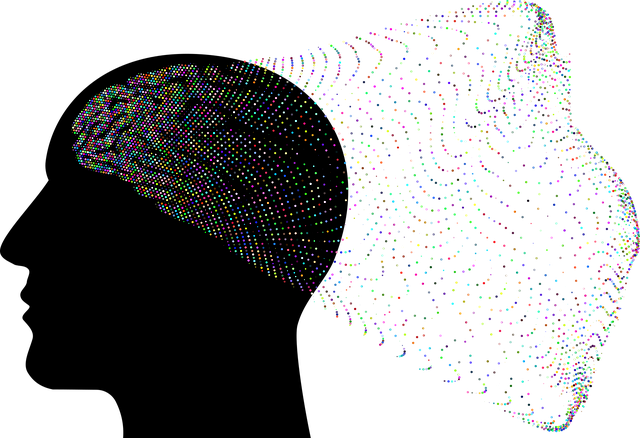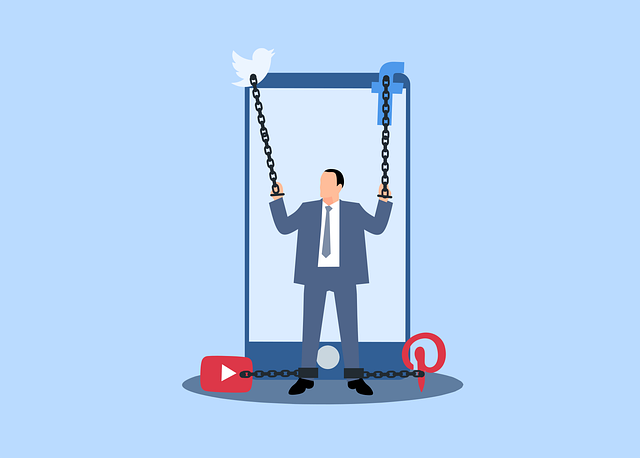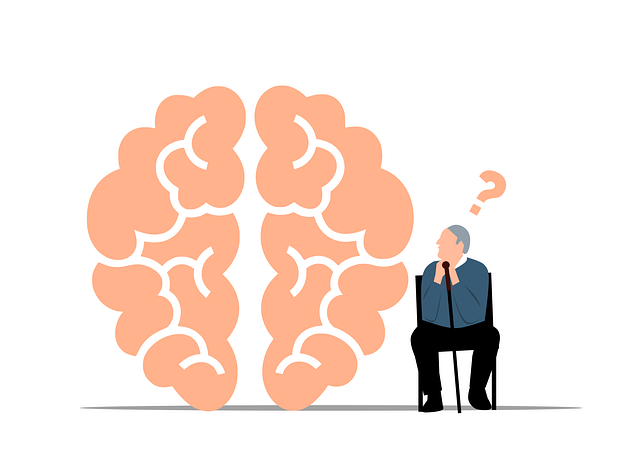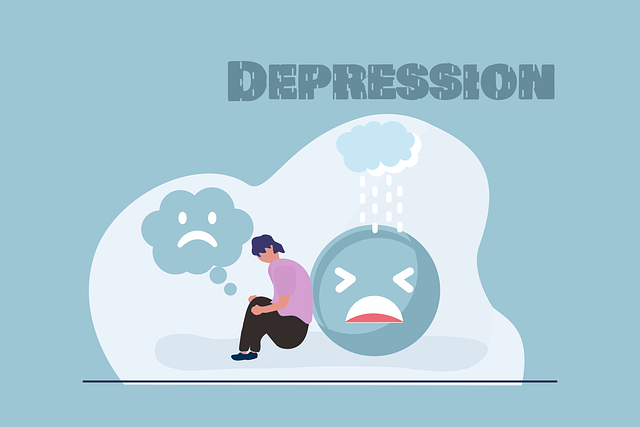Lone Tree Adolescent and Teen Therapy focuses on building resilience using the RFM (Resilience, Flexibility, Mastery) framework, empowering teens to manage emotions, make informed decisions, and adapt to challenges. Their Crisis Intervention Guidance includes risk assessments for tailored support. Exercises like Mental Wellness Journaling foster mental wellness, strengthen coping mechanisms, and enhance self-esteem. The holistic approach combines individual therapy, group activities, and practical exercises to create a safe space for emotional exploration and conflict resolution. Implementing RFM aligns with Mental Health Policy goals, promoting inner strength development and social skills improvement through emotional regulation.
“Resilience is a powerful tool for youth navigating life’s challenges. This article explores how the RFM (Resource, Strengths, and Mastery) model enhances resilience building, focusing on its profound impact on adolescents. We delve into the Lone Tree Adolescent and Teen Therapy Approach, a pioneering method combining RFM with therapeutic practices. By implementing these strategies, therapists can empower young individuals to overcome adversity. Discover how this holistic approach fosters growth, prepares teens for future struggles, and contributes to their overall well-being.”
- Understanding RFM and Its Impact on Youth
- The Role of Resilience Building Exercises
- Lone Tree Adolescent and Teen Therapy Approach
- Implementing RFM in Therapeutic Settings
Understanding RFM and Its Impact on Youth

At Lone Tree Adolescent and Teen Therapy, we recognize that understanding RFM (Resilience, Flexibility, and Mastery) is pivotal in fostering resilience among youth. This concept underscores the importance of equipping young individuals with tools to navigate life’s challenges effectively. Resilience isn’t merely about enduring hardships; it’s about thriving amidst them. By incorporating RFM into our therapy sessions, we empower teens to develop emotional intelligence, enhancing their ability to recognize and manage their emotions, make thoughtful decisions, and adapt to changing circumstances.
This approach is particularly crucial in today’s fast-paced world where youth face numerous stressors, from academic pressures to social media influence and family dynamics. Crisis Intervention Guidance plays a significant role here, as it enables mental health professionals to conduct thorough risk assessments (a vital tool) and offer appropriate support. Through targeted exercises, we guide young people to build emotional resilience, ensuring they can face challenges head-on with flexibility and a sense of mastery over their lives.
The Role of Resilience Building Exercises

Resilience building exercises play a pivotal role in equipping individuals, especially adolescents and teens, with the tools to navigate life’s challenges. These exercises are designed to foster mental wellness and strengthen coping mechanisms, enabling youth to thrive even amidst adversity. At Lone Tree Adolescent and Teen Therapy, professionals employ various techniques to promote resilience, aiming to prevent burnout and enhance self-esteem.
One effective method is Mental Wellness Journaling Exercise Guidance, which encourages teens to reflect on their emotions, thoughts, and experiences. This introspective process helps them identify triggers, develop healthier coping strategies, and build a sense of personal agency. By regularly engaging in such exercises, adolescents can improve their ability to manage stress, boost self-confidence, and cultivate a more positive outlook, all of which contribute to long-term resilience and overall well-being.
Lone Tree Adolescent and Teen Therapy Approach

The Lone Tree Adolescent and Teen Therapy Approach is a unique and innovative method designed to empower young individuals facing various challenges. This therapeutic strategy focuses on building resilience, a key component in navigating life’s hurdles. By employing a holistic approach, therapists create a safe space for adolescents to explore their emotions, understand their triggers, and develop effective coping mechanisms. The process involves a blend of individual therapy sessions, group activities, and practical exercises aimed at enhancing mental wellness.
In the context of the Mental Wellness Podcast Series Production, Lone Tree’s approach can be a valuable resource. Through engaging conversations and real-life stories, they promote positive thinking and provide practical Conflict Resolution Techniques. This method encourages teens to take charge of their emotional well-being and fosters self-awareness, enabling them to build resilience and thrive in various aspects of life.
Implementing RFM in Therapeutic Settings

Implementing RFM (Resilience, Flexibility, and Mindfulness) in therapeutic settings offers a powerful approach to enhancing mental health, especially for adolescents and teens. Lone Tree Adolescent and Teen Therapy centers have recognized the potential of RFM as an effective tool for fostering inner strength development. By integrating these exercises into treatment plans, therapists can help clients build resilience, enabling them to navigate life’s challenges with greater ease.
This strategy aligns perfectly with the broader goals of Mental Health Policy Analysis and Advocacy, promoting not just individual healing but also long-term mental wellness within the community. Moreover, Social Skills Training is another key benefit; RFM practices encourage self-awareness and emotional regulation, ultimately enhancing social interactions and interpersonal relationships.
Resilience is a vital asset for young individuals navigating life’s challenges, and the Lone Tree Adolescent and Teen Therapy Approach emphasizes this through its innovative use of RFM (Risk, Resilience, and Strengths) modeling. By incorporating resilience-building exercises, this therapy approach equips teens with the tools to overcome adversity, fostering a sense of empowerment. Implementing RFM in therapeutic settings can revolutionize how we support young people, ensuring they emerge with enhanced coping mechanisms and a brighter outlook. This holistic method, as demonstrated by Lone Tree’s strategy, is a game-changer in youth mental health care.










